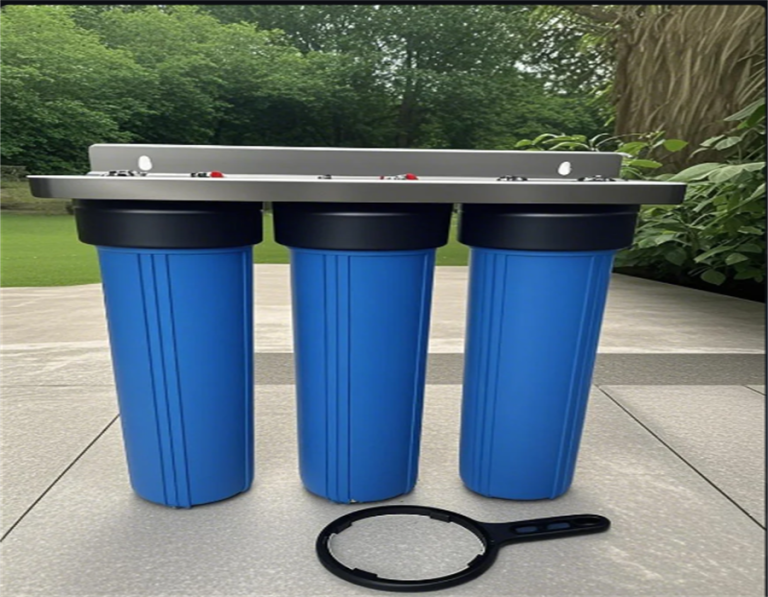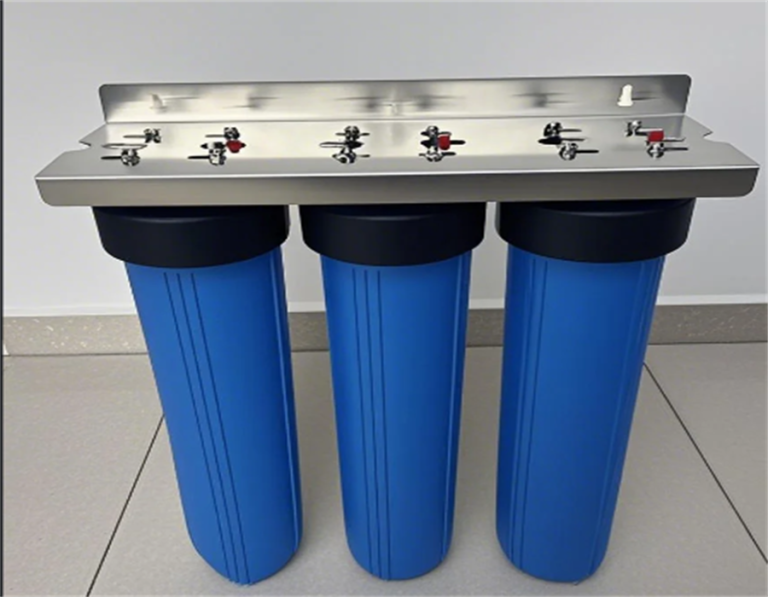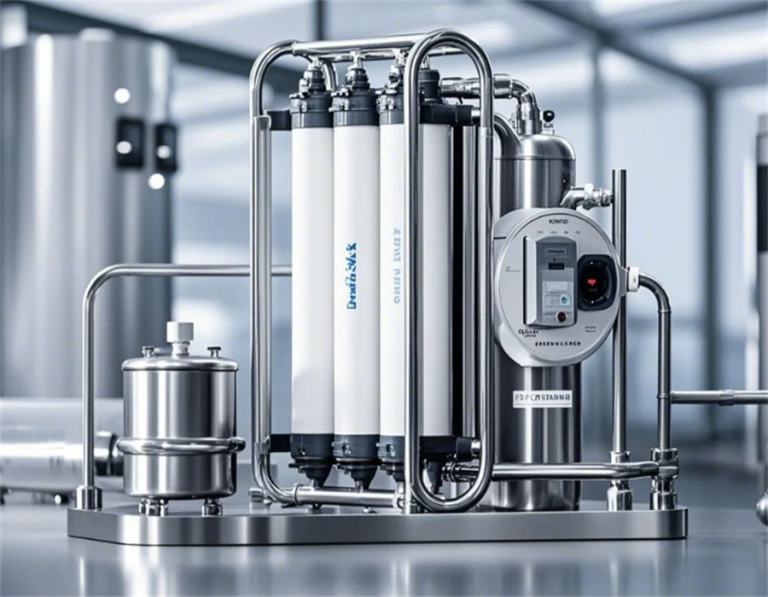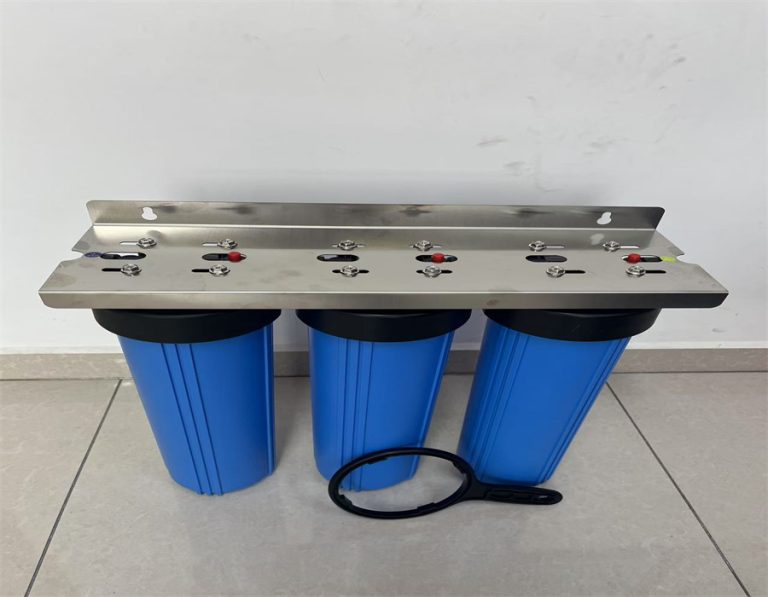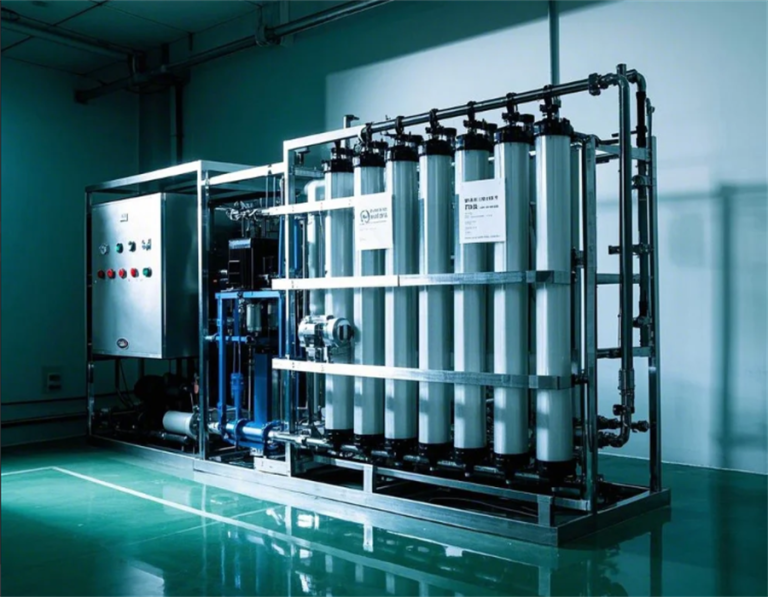One stop supplier of water treatment parts&accessories
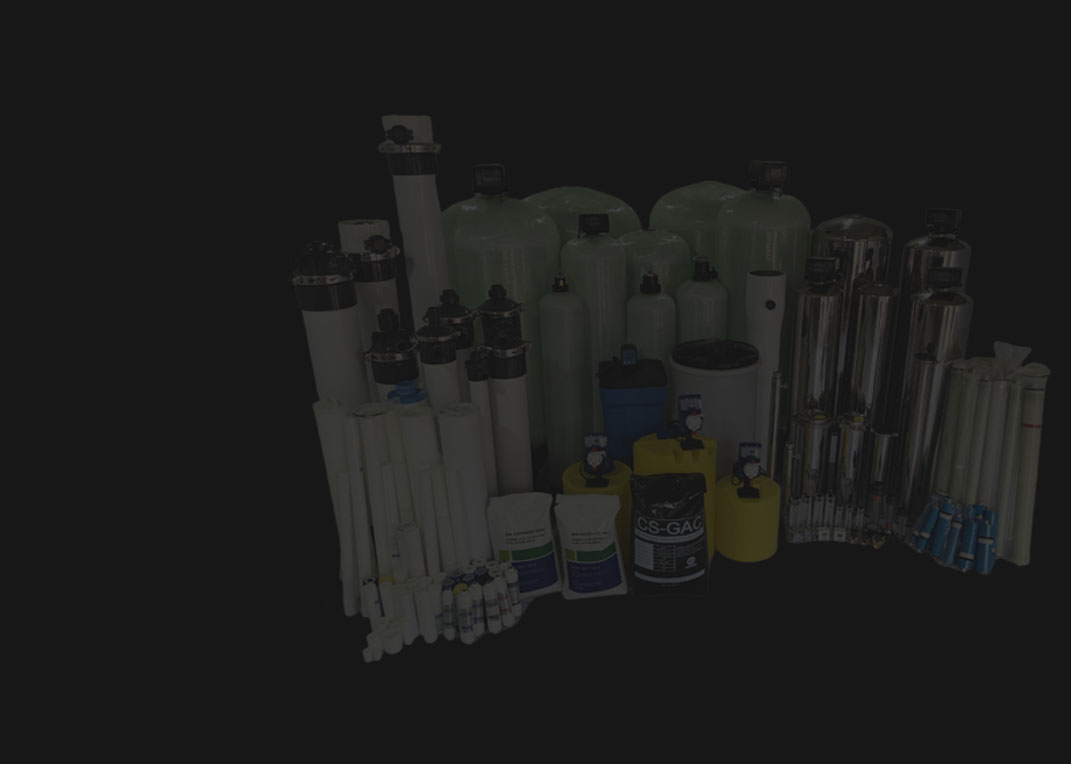
Choosing a Water Filter: Understanding Reverse Osmosis vs Ultrafiltration clearly.
Okay, so I’ve been messing around with water filtration lately, trying to figure out the best way to get super clean water at home. I kept seeing these two terms – reverse osmosis and ultrafiltration – and honestly, I was a bit confused about the difference. So, I decided to do a little hands-on experiment.
Digging into the Basics
Choosing a Water Filter,First, I did some basic reading. What are they really? I understood both used the membranes, kind of like really, really fine strainers, to separate stuff from the water. But apparently, they work at different levels.

Setting up My Test (Kind Of)
I didn’t build actual filtration systems, but I used them seperately. I figured that would be a little too ambitious for my kitchen! So I thought about things that show different sizes of particles:
- Salt Water: Representing really tiny dissolved stuff.
- Muddy Water: For slightly bigger particles, but still pretty small.
The “Experiment”
Choosing a Water Filter,Firstly, I ordered the Reverse Osmosis and Ultrafiltration systems to install in my kitchen.
Secondly, I did a visual check by myself.
After, I poured some of my saltwater through a clean filter.
I did the same with the muddy water, using a fresh filter.
Then, I did a “taste test.” I know, I know, not very scientific. But I figured if the reverse osmosis was really removing salt, it would taste different.
- Ultrafiltration: The muddy water looked a lot clearer, but the saltwater? Still tasted salty.
- Reverse Osmosis: The muddy water was crystal clear, obviously. And the saltwater? It tasted like… well, regular water! No salty taste at all.
What I Concluded
It all made sense then:
- Ultrafiltration is great for getting rid of bigger particles, like sediment and stuff that makes water cloudy. It cleans things up nicely, I can tell.
- Reverse Osmosis goes way further. It can actually remove dissolved things, like salt and minerals. It’s like the ultimate purifier, and it works well.
So, depending on what you need to remove from your water, you’d choose one or the other. If you just want to get rid of the visible gunk, ultrafiltration is probably fine. But if you want to remove dissolved stuff too, then reverse osmosis is the way to go. My little experiment, as simple as it was, really helped me understand the difference!


